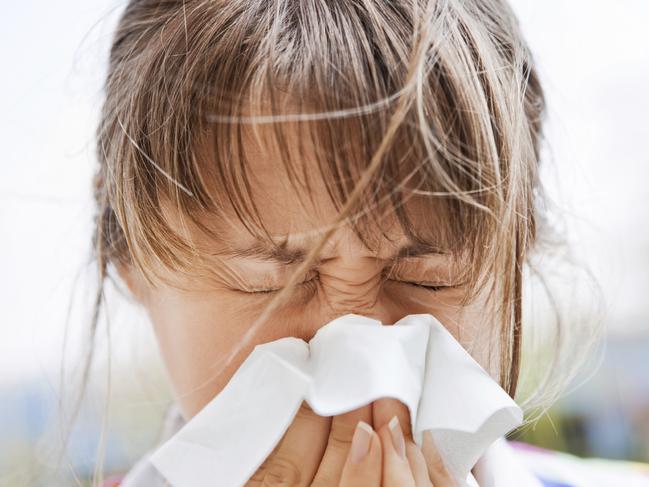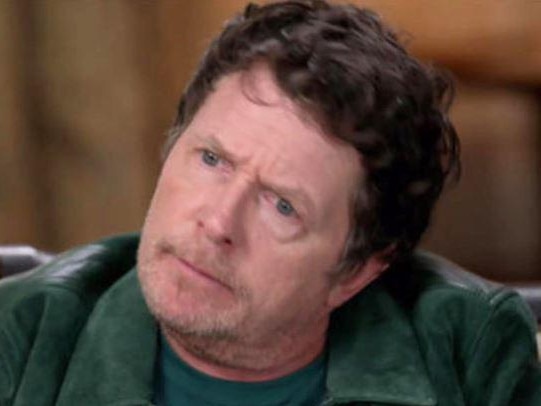
Universe may face a fiery end thanks to ‘dark energy’
Earth may not end up a frozen wasteland but encounter a reverse Big Bang. Scientists now talk of a coming Fiery Crunch. But don’t wait up.

Earth may not end up a frozen wasteland but encounter a reverse Big Bang. Scientists now talk of a coming Fiery Crunch. But don’t wait up.

Scientists at the South Australian Museum have been ‘gagged’ from speaking publicly about the planned restructure, says a University of Adelaide professor.

Scientists have discovered rare gene differences that can cause a sixfold increase in the risk of obesity.

Could the ‘off-label’ drugs Olympic gold medallist James Magnussen puts into his body hurt him, kill him or land him in prison?

Move over whale sharks, sea turtles, manta rays – seals are the kids on the block everybody wants to go diving with.

Emily Nash is one of about 100 people on earth known to have what is called Highly Superior Autobiographical Memory. She is able to remember every day of her life in extreme detail and recall precise moments from years ago perfectly.

Studies are finding links between these foods and changes in the way we learn, remember and feel, Indeed, they describe them as almost addictive.

Flu cases continued to hit new peaks as the sick season was arriving sooner and could hit harder than ever amid ‘vaccination fatigue’ and ‘disinformation campaigns’.

The changes, attributed mostly to human-caused climate change, have sped up since 1997, a newly published paper says.

Varsha Yajman can tell if she’s on the brink of an eating disorder relapse just from her Instagram feed. Experts fear a rise in online communities devoted to unhealthy dieting.

Music has become simpler and more repetitive since the Seventies, while also taking a darker, more cynical turn, a scientific study has found.

Scientists hail immunotherapy treatment which may provide alternative to mastectomies.

Australia has joined a worldwide project led by the Michael J Fox Foundation to radically accelerate the prevention of the condition affecting 220,000 Aussies.

An uncrewed American lander that became the first private spaceship on the moon has met its end after failing to ‘wake up’.

The genetics of Queensland’s crocodiles have been studied and scientists are surprised by the results.

Australian experts are nervous – ‘who controls space will control Earth’ they say – so, why is the world so slow to respond to the threat China and Russia pose in orbit?

Ray Kelly has been able to curb type 2 diabetes in 85 per cent of his patients, but a lack of technology access is holding back essential care.

Colorado investigators say star analyst Yvonne ‘Missy’ Woods altered data. Now people she helped send to prison want their convictions re-examined.

WA is leading the country in tackling respiratory syncytial virus with a state-wide immunisation rollout following TGA approval

The southernmost continent has registered historic lows for three consecutive years, yet alerts about the grave consequences continue to be perceived as ‘alarmist’.

A high-powered form of radiotherapy has shown unprecedented results in treating patients with inoperable kidney tumours.

A drug long used to treat asthma can help protect people from dangerous – even fatal – food allergies.

It’s a question that confuses many devotees of strength training who watch their heart rate climb during weightlifting: if my heart rate is hitting the aerobic zone, do I really need to do cardio at all?

The latest news about Odysseus took some shine off the accomplishment – the first lunar landing by a private company – which was widely hailed as a historic achievement.

Medico and long-time insomniac Michael Mosley was offered a good night’s sleep as part of a groundbreaking Flinders University trial. His results have ramifications for us all.

For the millions of Australians who struggle with migraines, two of the best treatments have become almost impossible to find – and sufferers are terrified of returning to a life of chronic pain.

Australia risks ‘being pushed to the back of the queue’ of countries in gaining access to a revolutionary cancer treatment that can put those facing imminent death into remission.

New research links an E. coli bacterium’s ability to produce cellulose with non-inflammatory properties that prevent drug-resistant infection in the body.

A weight-loss treatment could be a powerful weapon against drug addiction, with a study suggesting it can reduce cravings as much as staying at a rehab clinic.

Japanese scientists are building the world’s first wooden satellite in an attempt to reduce the pollution of space with metal junk.
Original URL: https://www.theaustralian.com.au/science/page/7